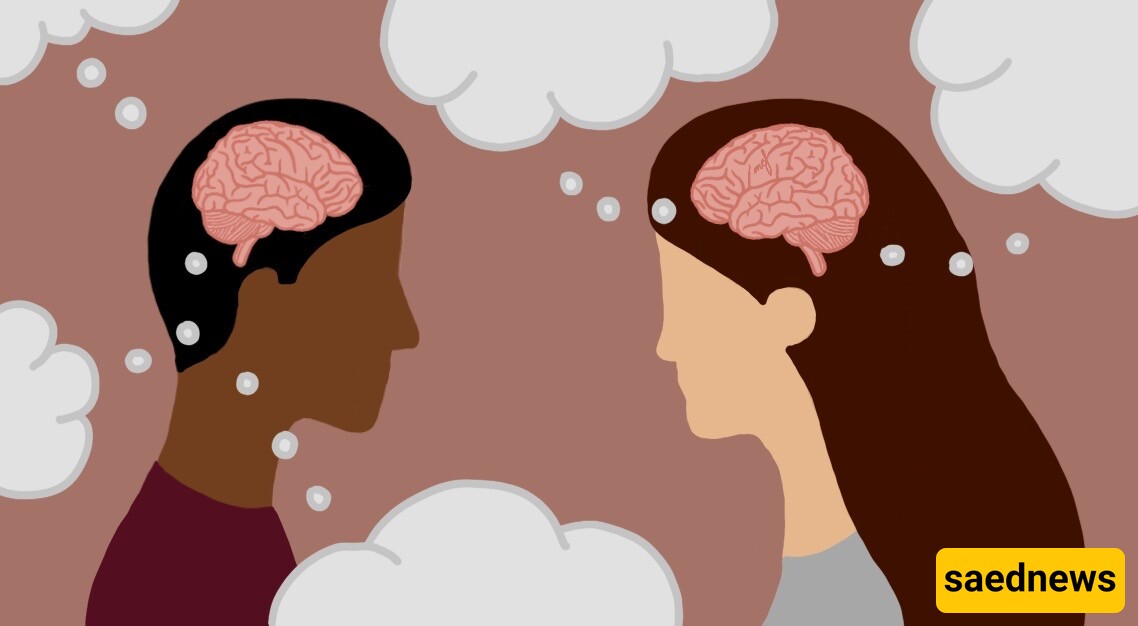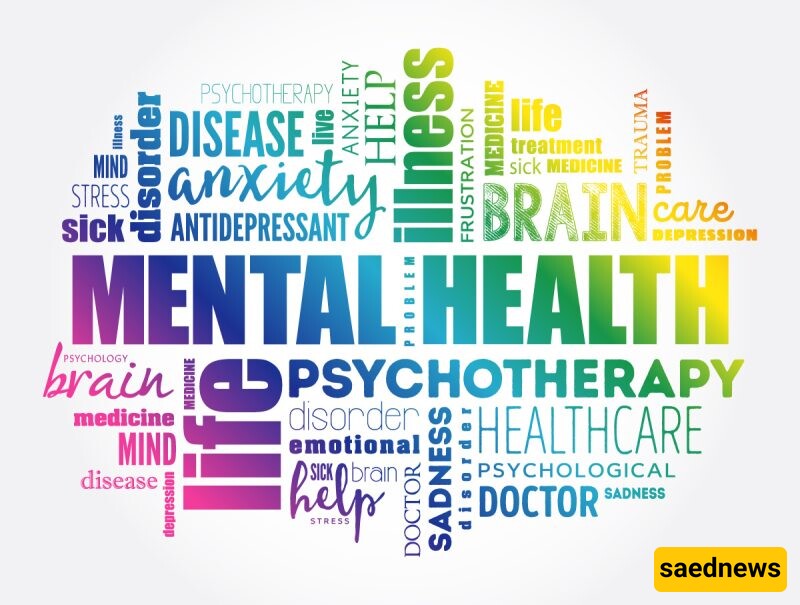SAEDNEWS: Mental health awareness is essential in today’s world, where stress, fast-paced living, and social pressures impact well-being. This article highlights the importance of mental health awareness, recognizing symptoms, and creating a supportive environment through education and compassion.

According to SAEDNEWS, Mental health affects our emotions, thoughts, and relationships, impacting how we function daily. As society faces increasing rates of stress, anxiety, and depression, mental health awareness becomes vital. The World Health Organization (WHO) reports that one in four people will experience a mental health issue at some point in life, underscoring the need for awareness and understanding.
Raising awareness means creating environments where people feel safe to discuss their struggles and access resources without stigma. It also includes educating individuals on how to identify symptoms in themselves and others.
Understanding early symptoms can help prevent more serious issues. Common warning signs include:
Persistent sadness, anxiety, or emptiness
Withdrawal from social activities
Mood swings
Difficulty focusing
Fatigue or physical symptoms like headaches not tied to physical causes
Sleep disruptions
Increased reliance on substances
Recognizing these symptoms early and seeking support can significantly improve outcomes.

Despite progress, stigma still discourages many from seeking help. Fear of judgment often keeps individuals silent about their struggles. Public figures sharing their own mental health challenges help normalize conversations and break down barriers, making it easier for others to seek help without fear.
Supportive environments play a key role in mental health. Schools, workplaces, and communities can provide resources, counseling, and support programs. Key areas include:
Schools: Mental health education helps students manage stress and builds resilience.
Workplaces: Offering resources like counseling or flexible work hours helps employees manage mental health.
Communities: Accessible mental health programs in communities provide vital support.
Numerous resources are available for mental health support, from therapy and online support groups to crisis hotlines and mindfulness practices. Self-care routines, including exercise, meditation, and time with loved ones, are also beneficial for managing stress. In some cases, medication may be necessary, prescribed by a qualified professional.
Technology has expanded access to mental health support through apps and telehealth services, making it easier to access counseling and resources. Social media platforms also promote mental health awareness, though balance is essential to avoid negative effects like comparison and anxiety.
Self-care and resilience are key to maintaining mental well-being. Simple practices like exercise, gratitude, and journaling can help manage stress and improve outlook. Building resilience helps individuals face challenges and recover from setbacks.
Mental health awareness means creating a culture that supports well-being and encourages individuals to seek help without judgment. Promoting education, understanding, and accessible resources in schools, workplaces, and communities contributes to a society where mental health is prioritized, benefiting everyone.

